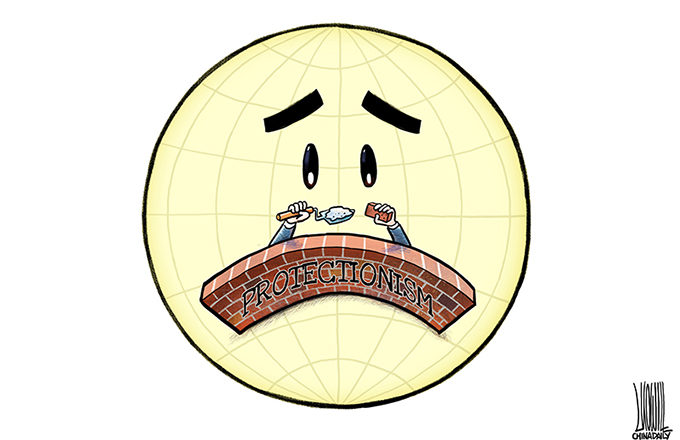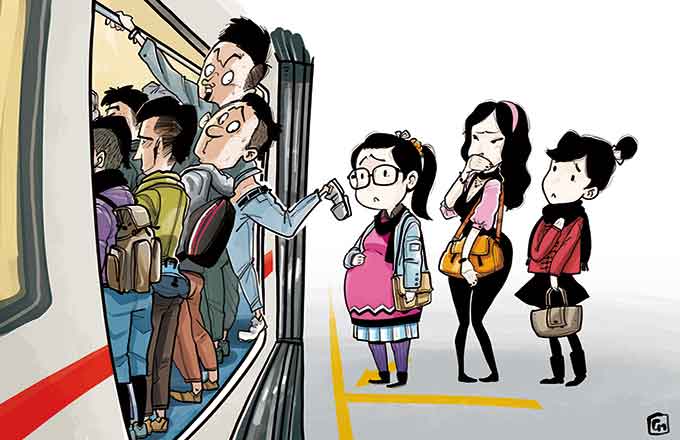Medical insurance
When the National Development and Reform Commission, China's top economic planner, and five other government agencies issued guidelines in August on the establishment of a critical illness insurance system to cover urban and rural residents, hopes were raised that this would be a significant step toward more accessible and affordable healthcare.
Despite the fact it is a well-conceived plan, there has been lingering public suspicion about whether it will be smoothly and properly implemented, considering the relatively independent fiscal systems of local governments.
But such concerns appear unnecessary as local governments have been required to draft regulations for the plan's implementation in line with local conditions, and different versions of local healthcare issuances for major diseases have been worked out throughout the country.
The majority of local governments have drafted their own details on the inclusion of treatments for the listed critical illnesses in the public healthcare insurance coverage. Some regions will even reimburse more than is demanded.
And according to the central government plan, if patients' medical bills go beyond the existing basic healthcare insurance coverage, they can be reimbursed again by the newly launched critical illness insurance project, that will reimburse a minimum of 50 percent.
Most regions will allow commercial insurers to play a role in this healthcare insurance system, but have set strict conditions for their qualifications and adopted strict bidding procedures to guarantee the safety of the medical coverage network. For example, apart from setting up a strict management system for the fund's operations, commercial insurers should also have operated related business with an established service network in China for more than five years to ensure service efficiency and convenience for the insured.
For the world's most-populous nation, establishing a critical illness insurance system marks a long-overdue step toward an all-inclusive medical insurance network in a real sense. Its effective enforcement will help prevent people being immediately reduced to poverty should they be unfortunate enough to suffer from a critical disease. It is also a concrete step toward implementing the government's commitment to improving people's livelihoods.
But aside from establishing such a national healthcare insurance framework, the government should work out operable details to simplify reimbursement procedures to better serve patients.
(China Daily 02/18/2013 page8)


















